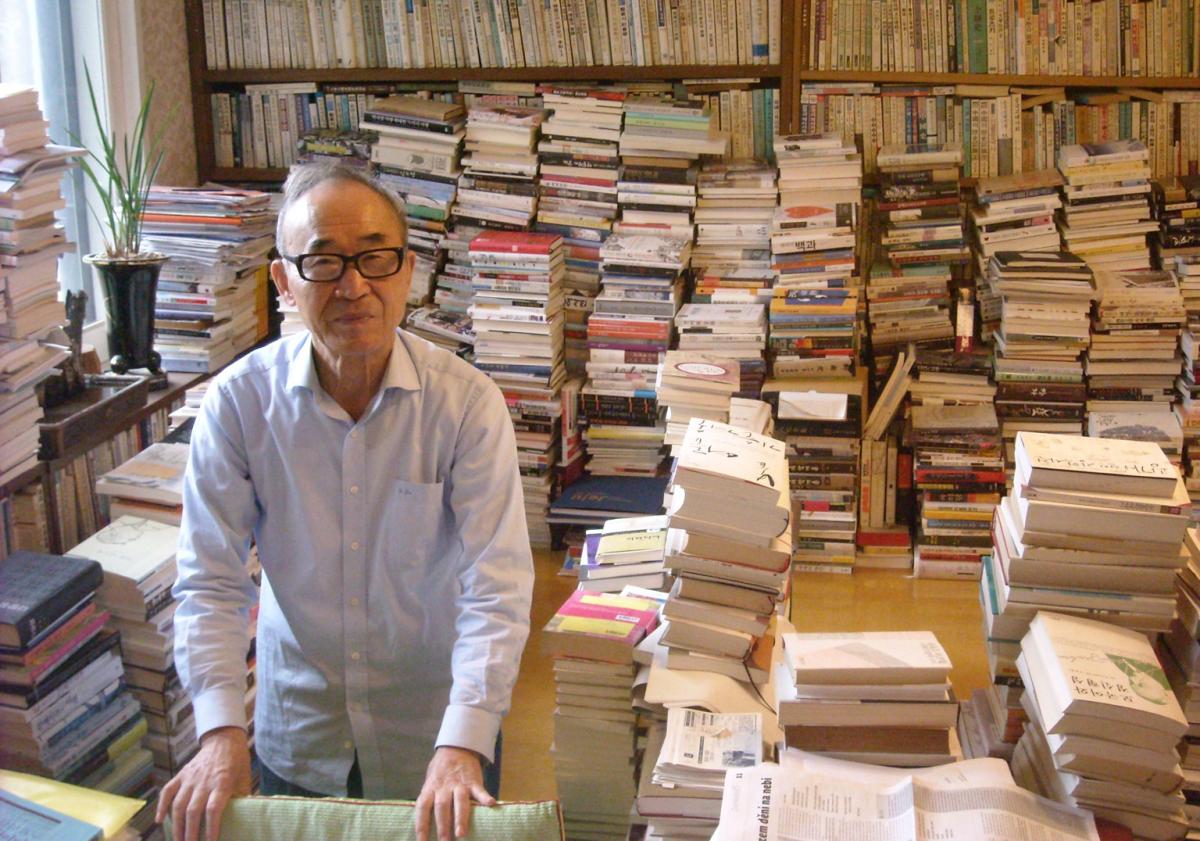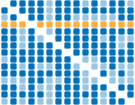Ko, Un: Kwon Jin-gyu
Kwon Jin-gyu (English)His Japanese wife died. Alone he molded clay, The sculptor Kwŏn Jin-gyu The sculptures were quite at home. One clay figure breathing. It seems there are cliffs in art. He ended his life. Translated by Brother Anthony of Taizé and Lee Sang-Wha from Korean
|
Kvon Dzsingju (Hungarian)A japán felesége meghalt.
|




